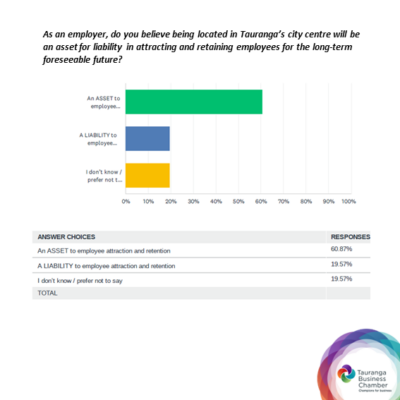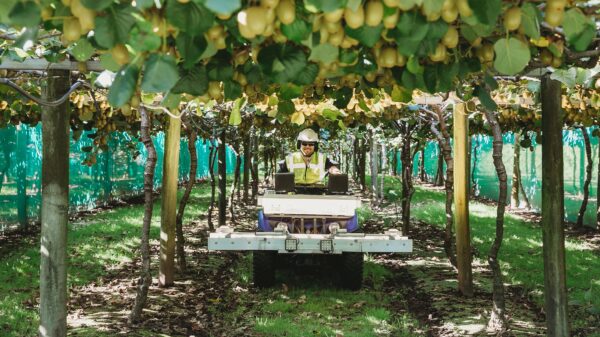Prioritising homegrown wood and engineered timber as a preferred construction material, would deliver immediate economic, employment and environmental benefits for New Zealand as we start the journey to recover from the COVID-19 shutdown.
Tauranga Chamber of Commerce, alongside Auckland and Rotorua Chambers (who are spearheading the project) and several other Chambers, are supportive of a move by 56 forestry, wood processing and timber manufacturing companies to encourage government to adopt a centralised procurement policy to make greater use of wood products and solutions in residential, commercial and public buildings.
“Now is the time for government and local government to see the real value of our trees and support the sector and domestic economic recovery by prioritising the use of wood products, starting with the construction of publicly funded and leased buildings,” says Auckland Business Chamber CEO, Michael Barnett.
“Increasing the use of wood as a valued, locally sourced and clean, green building material is something government and councils can support to bolster employment, investment, regional development and reduce carbon emissions.
“As a nation we have to do things differently. Log exports have long been a sore point, but we have another solution to how government – and the private sector – can support core primary producers in times of greatest need and also stimulate investment in the New Zealand wood sector’s innovative manufactured products.”
Modelling conducted by the sector shows that a swing to using wood in construction projects would create thousands of jobs, reduce building costs, limit imports, promote exports of added value engineered wood solutions and lead the transformation of our built environment in line with national goals for a sustainable low carbon future, he said.
Recent research by Deloitte indicates that a 25 per cent increase in the use of wood products for construction would result in the creation of over 3,000 jobs across wood processing, forestry, transport and port through to indirect support jobs.
“New Zealand has the forests, wood processors, manufacturers, design professionals and construction firms to facilitate a wood procurement policy. It represents a very ‘shovel-ready’ regional and central government policy to help our national and regional economies recover and prosper in an environmental way post pandemic – and position New Zealand as a leader in clean, green construction,” Mr Barnett said.
10 reasons for Government to introduce a wood procurement policy:
- Buy local and use homegrown primary product to aid regional and national recovery
- Support creation of around 3,500 forestry, wood processing, off-site manufacturing and construction jobs post Covid-19
- Diversify log markets away from current heavy reliance on China, which is expected to be self-sufficient for logs in due course
- Reclaim the economic benefits of exported logs by adding value to them domestically
- Provide critical mass so that economies of scale result in lower New Zealand construction costs and create an export industry for engineered wood solutions
- Lead the transformation of our built environment into a sustainable low-carbon future
- Demonstrate progress of NZ’s One Billion Trees (1BT) policy and the Zero Carbon Act
- Realise the environmental, commercial and wellbeing opportunities by constructing wooden buildings which are proven to perform better in earthquakes, are faster and safer to build, are cheaper, and minimise waste, noise and traffic.
- Demonstrate what New Zealand is doing to be clean and green for the benefit of all
- Realise the productivity, health and wellbeing benefits of nature-connected-design for government employees, schools, hospitals, public buildings and residential tenants.
















































